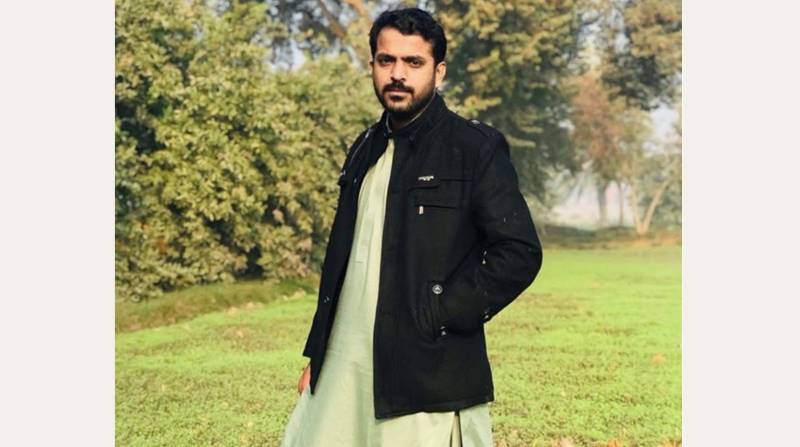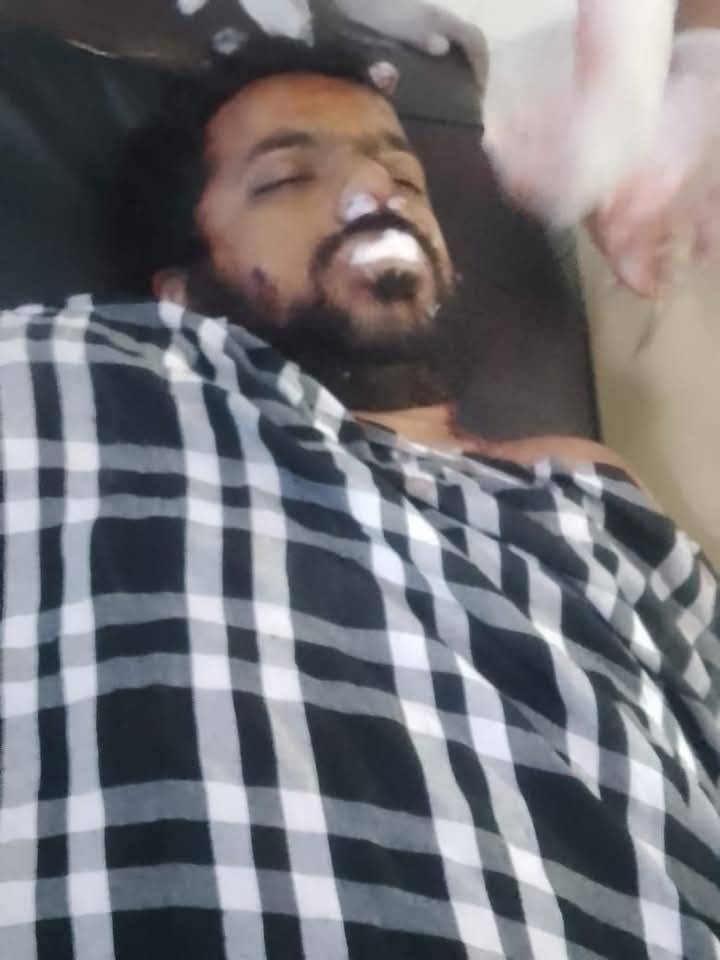
On the night of 4 February, Allah Dad Baloch, an MPhil scholar from Quaid-i-Azam University (QAU) Islamabad, was shot dead in Turbat, Balochistan. The Baloch Yakjehti Committee (BYC) has called his assassination a continuation of the systematic targeting of Baloch intellectuals—a pattern they describe as part of an ongoing state-led genocide.
Allah Dad was not just another victim of violence in Balochistan. He was a historian, a translator, and an intellectual who spent years nurturing critical thought within Baloch society. His killing has sent shockwaves through the Baloch community, with activists, scholars, and students mourning yet another intellectual erased by bullets.
Pattern of systematic elimination
In a statement, a BYC spokesperson condemned the assassination, emphasising that Baloch scholars, students, and intellectuals are being deliberately targeted. Over the past few months, extrajudicial killings have intensified across Balochistan, with many victims being previously forcibly disappeared individuals.
“The killing of educated young individuals like Allah Dad Baloch is an attack on the intellectual fabric of Baloch society,” BYC said, further asserting that state intelligence operatives were behind the murder.
This is not the first such case. Human rights groups and Baloch activists have long documented the killings of Baloch students, teachers, and thinkers—a trend they argue is part of an orchestrated attempt to suppress Baloch political consciousness.
Who was Allah Dad Baloch?
A graduate of Karachi University and an MPhil scholar at QAU, Allah Dad Baloch was known for his deep commitment to reading, writing, and translating important political and historical works into Balochi.
He belonged to a growing community of Baloch intellectuals striving to preserve their history, culture, and national identity—a movement that has increasingly come under attack. In recent years, Baloch students in Islamabad and Lahore have reported being harassed, surveilled, and forced to abandon their studies due to intimidation by security forces.
Baloch activists point to previous assassinations of Baloch scholars, poets, and journalists—figures like Professor Saba Dashtyari, Sajid Hussain, and Professor Abdul Razaq Zehri—as part of the same campaign of erasure
BYC leader Dr. Mahrang Baloch, in a statement on X, said:
“The systematic targeting of Baloch intellectuals is an attack on the collective knowledge and resistance of the Baloch Nation.”

A widespread outcry
Following Allah Dad’s killing, social media was flooded with expressions of grief and outrage. Sammi Deen Baloch, a central leader of BYC, described the killing as “a direct attack on Balochistan’s educated class” while the Baloch Students Council (BSC) Islamabad also condemned the assassination, calling it “a continuation of the colonial structure of repression where knowledge and awareness are seen as threats.”
The BSC stated: “Allah Dad Baloch’s martyrdom is not the result of temporary rage or personal enmity but a continuation of state oppression,” adding that the “extrajudicial killings in Balochistan are part of a broader strategy to suppress intellectual resistance and crush national consciousness.”
“Allah Dad Baloch’s martyrdom will ignite a new wave of awareness because torches extinguished by blood have always lit new flames in history,” their statement read.
Others highlighted a grim reality:
“If you are a Baloch with even a modicum of awareness, you are not spared. But if you are an intellectual, you are marked for death.”
Baloch activists point to previous assassinations of Baloch scholars, poets, and journalists—figures like Professor Saba Dashtyari, Sajid Hussain, and Professor Abdul Razaq Zehri—as part of the same campaign of erasure.
BYC Leader Dr. Mahrang has called on international human rights organisations to take notice of the systematic targeting of Baloch intellectuals.
“Silence in the face of such atrocities is not an option. The international community must raise its voice and demand accountability from Pakistan’s security institutions for their systematic targeting of Baloch scholars and educators.”
The Pakistani state has repeatedly denied allegations of systematic targeting, but the growing body of evidence—including testimonies from families, activists, and human rights defenders—paints a different picture.
What comes next?
In response to Allah Dad’s assassination and the rising number of extrajudicial killings in Balochistan, BYC held a press conference in Turbat to outline its next steps against state violence and enforced disappearances. However, activists fear that unless there is intervention by international human rights organisations, the killings will continue with impunity.
The assassination of Allah Dad Baloch is not just the loss of one scholar—it is an attack on an entire generation of Baloch intellectuals. And if history is any indication, more will follow.

